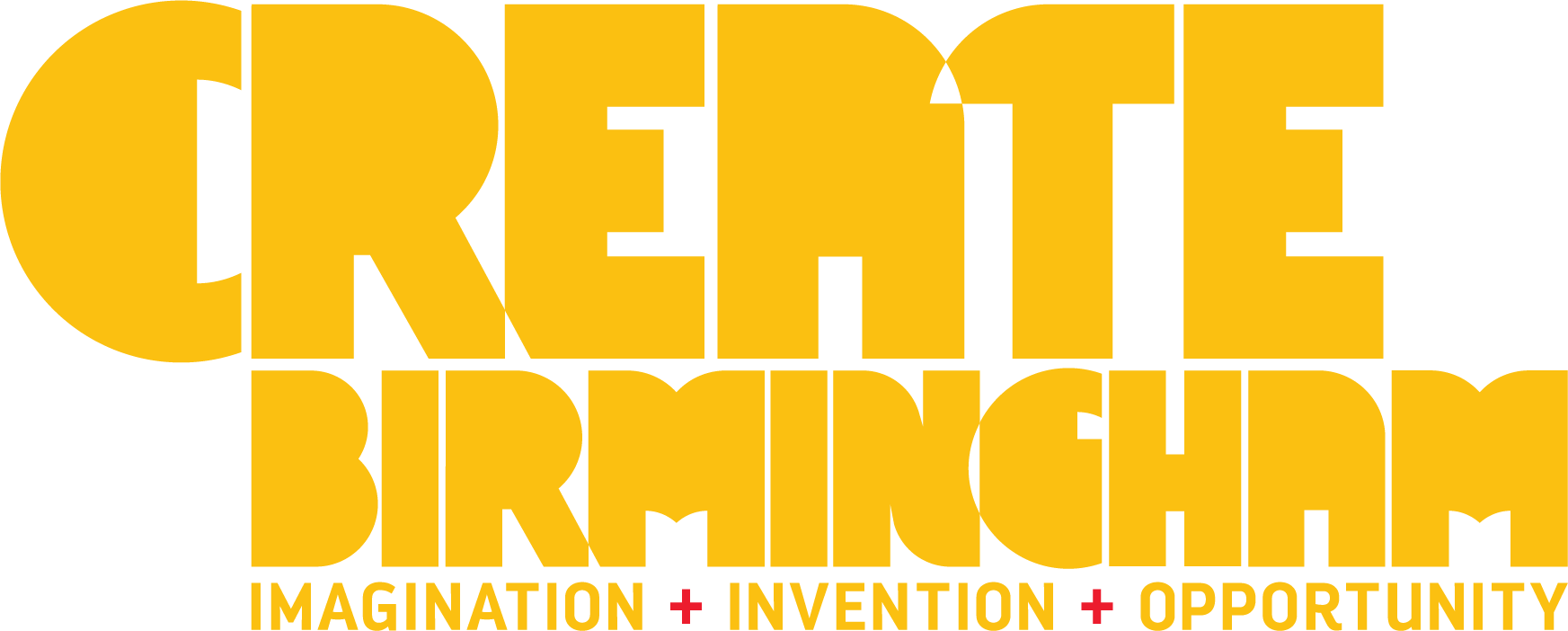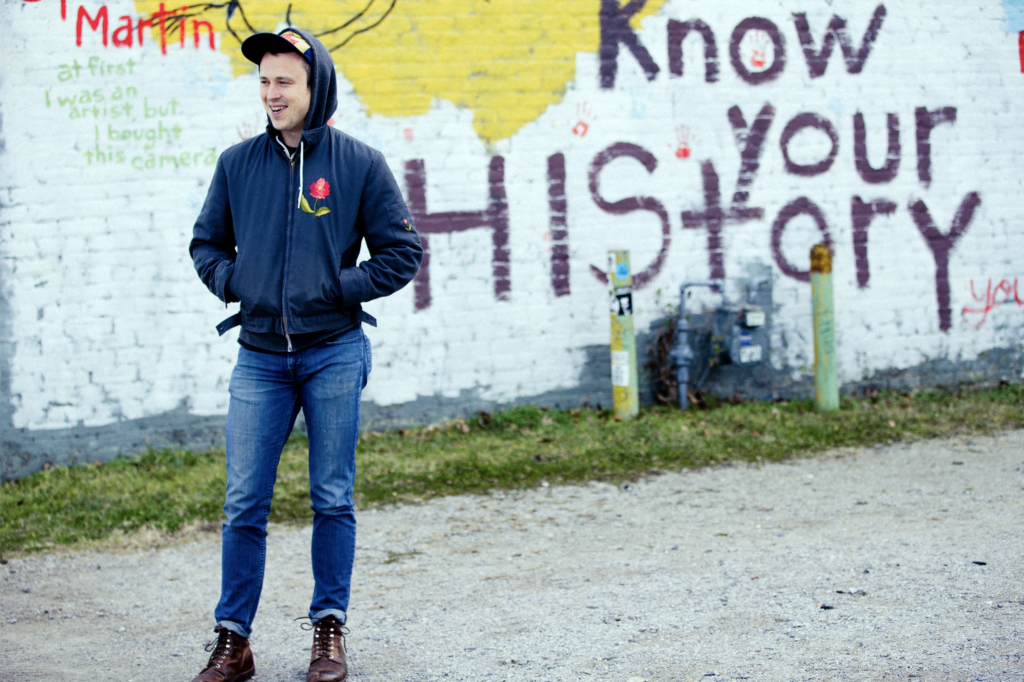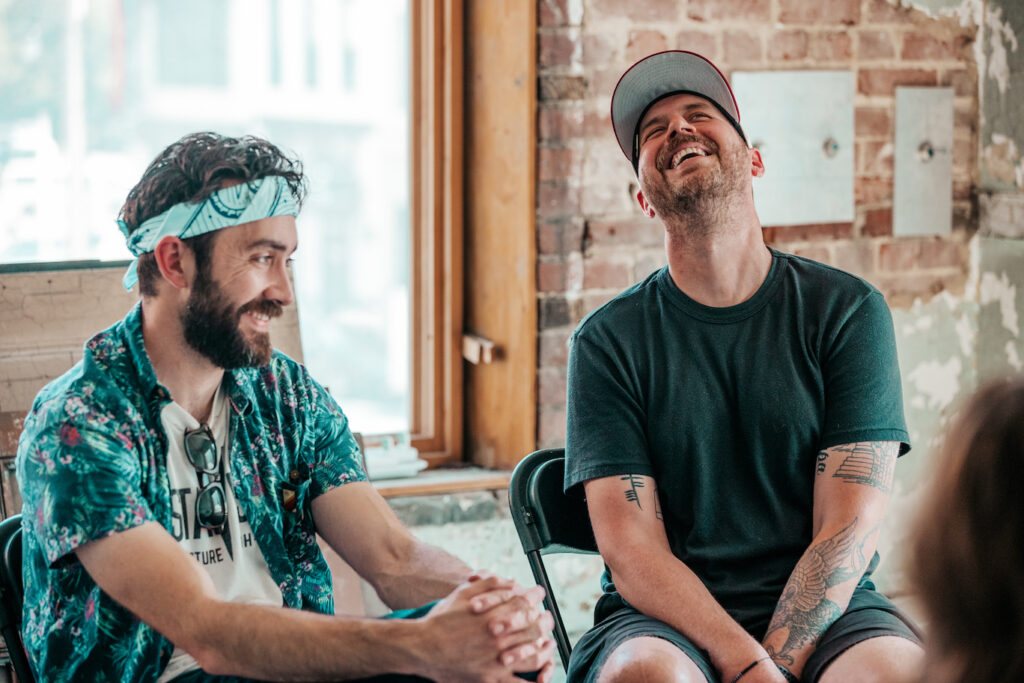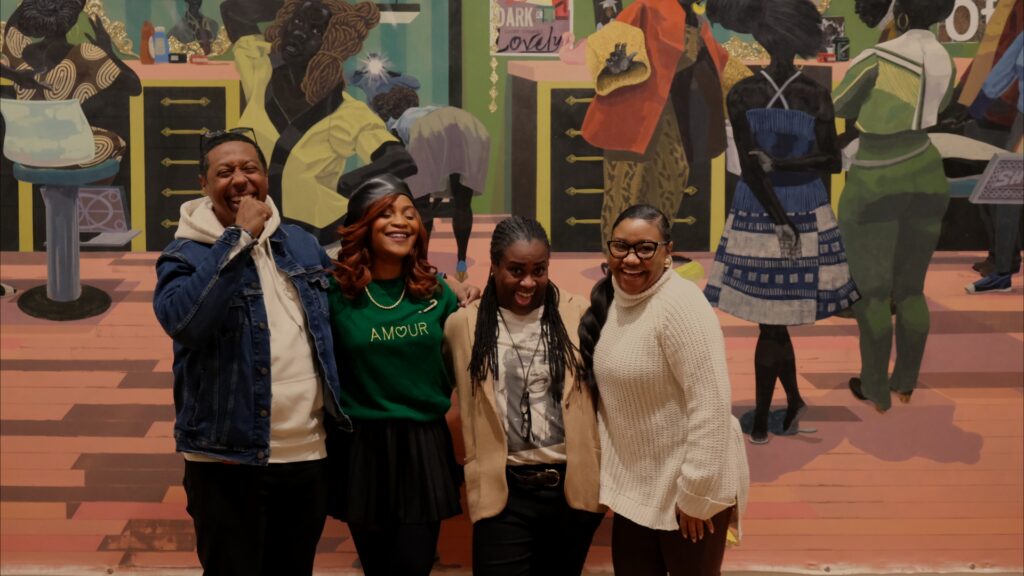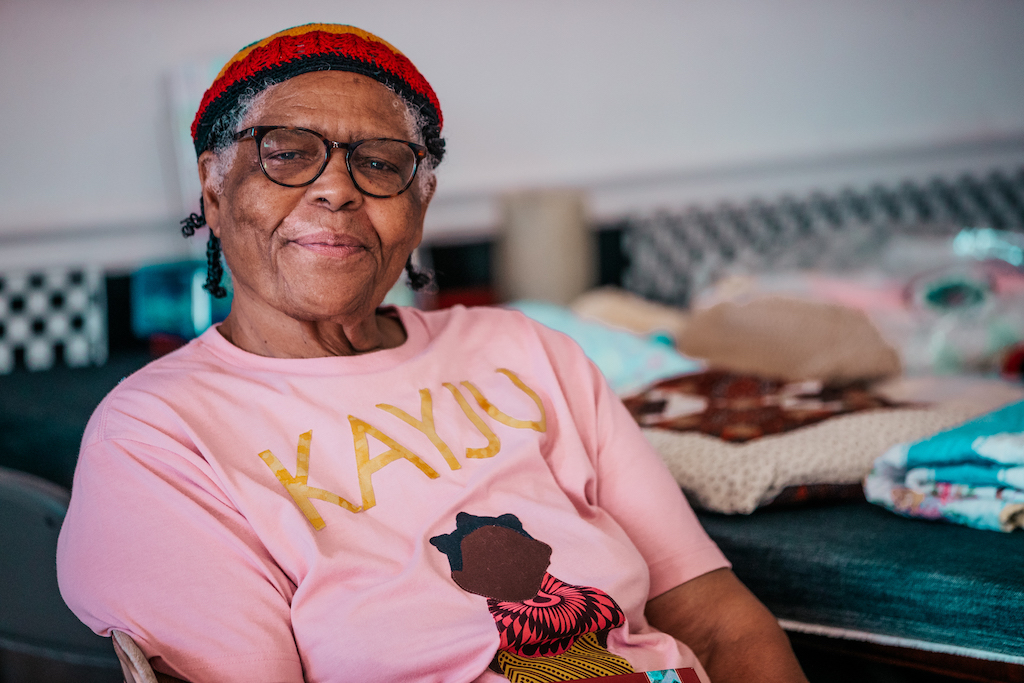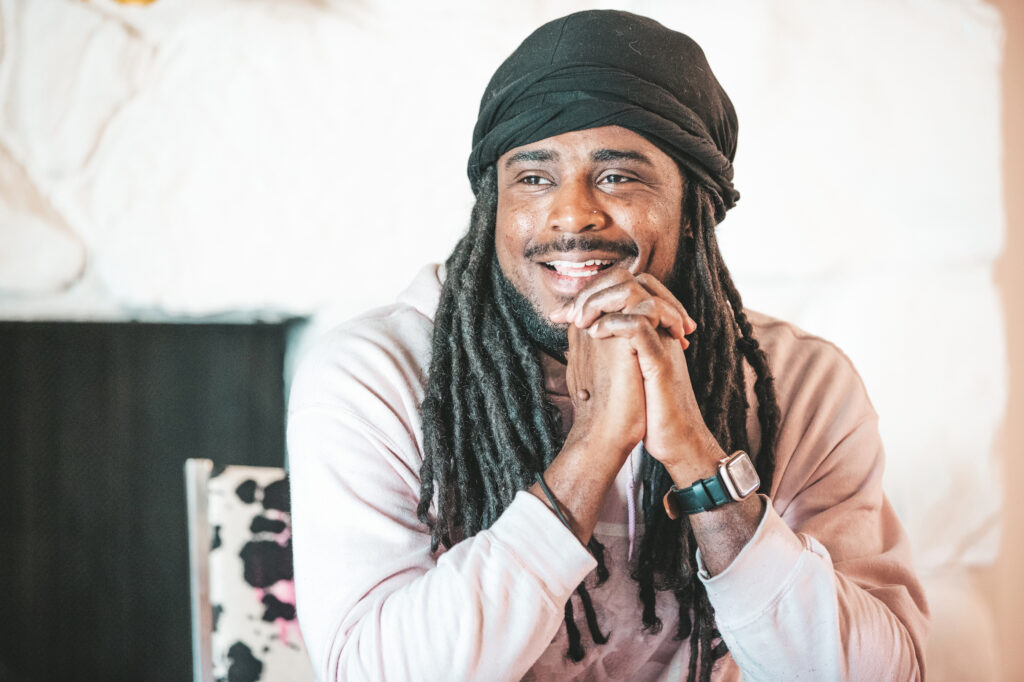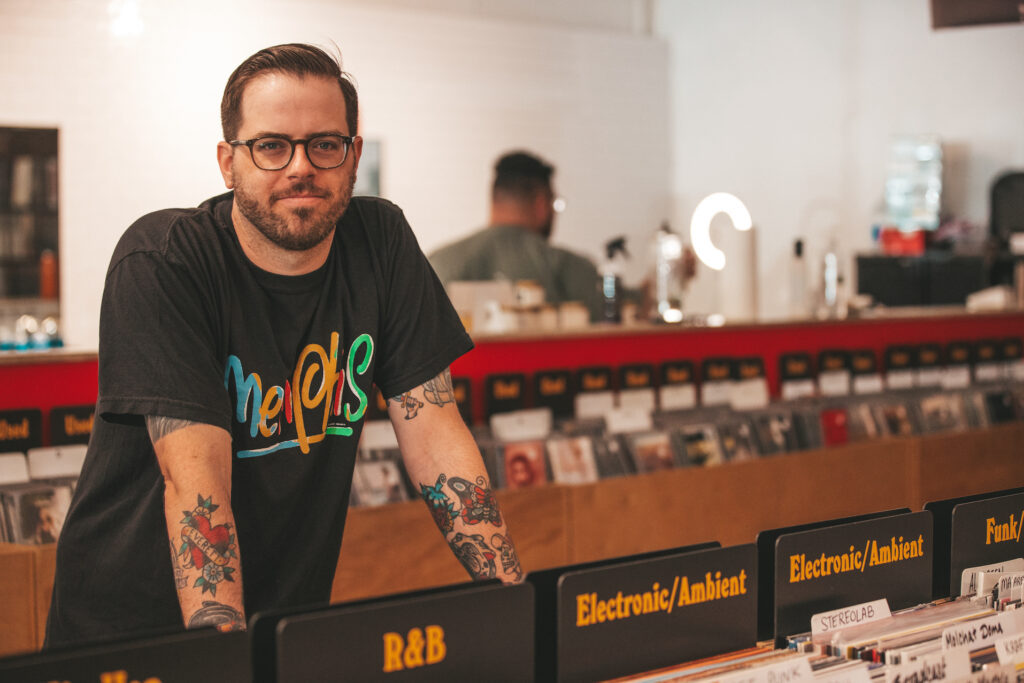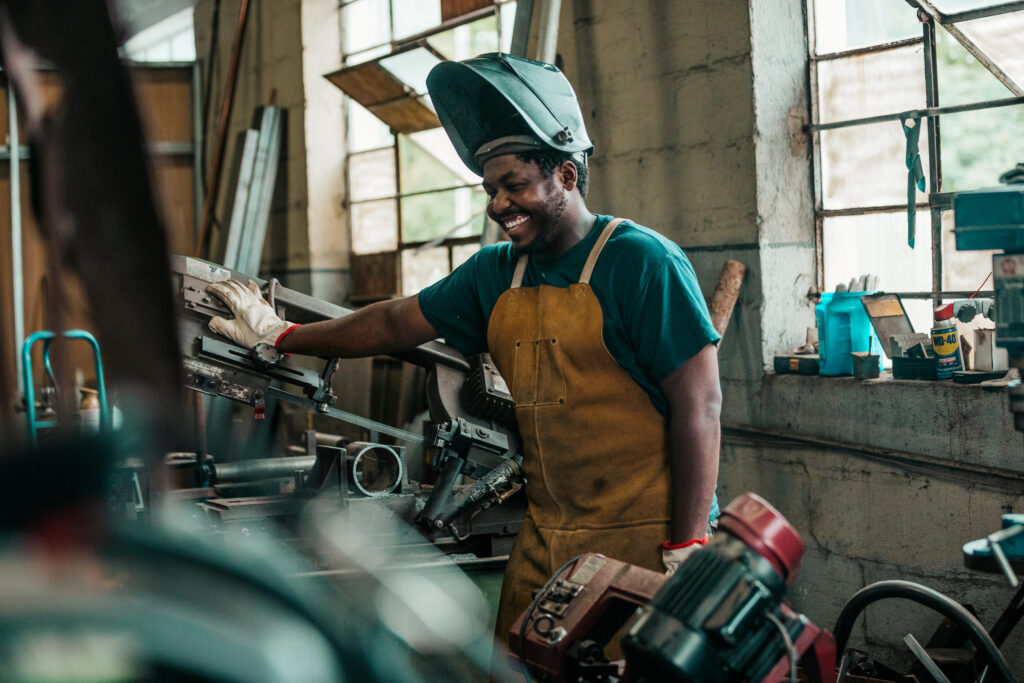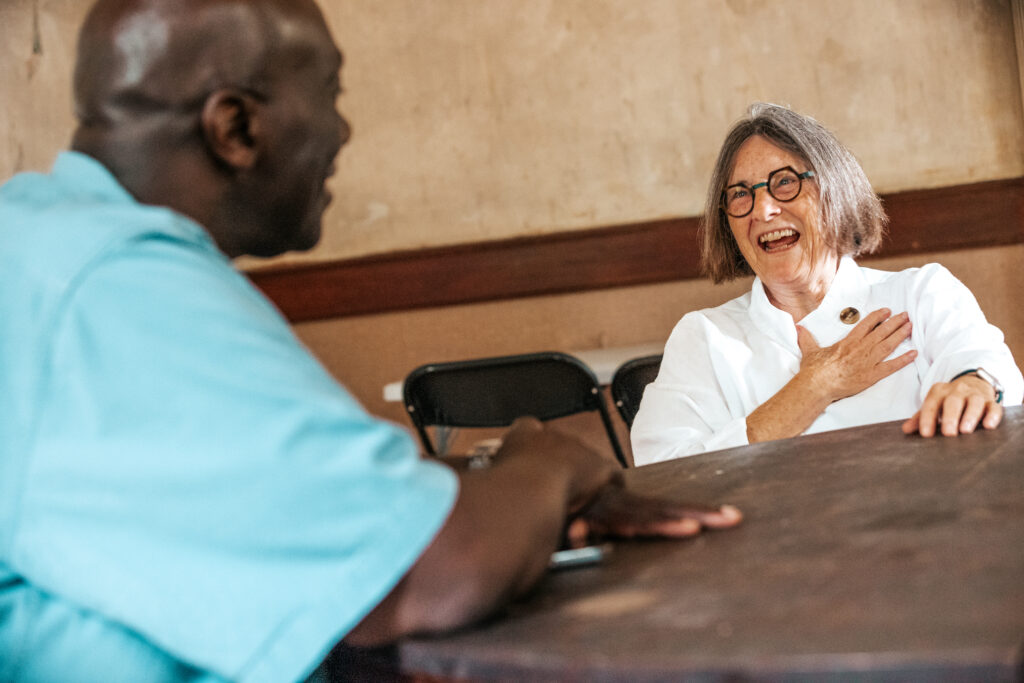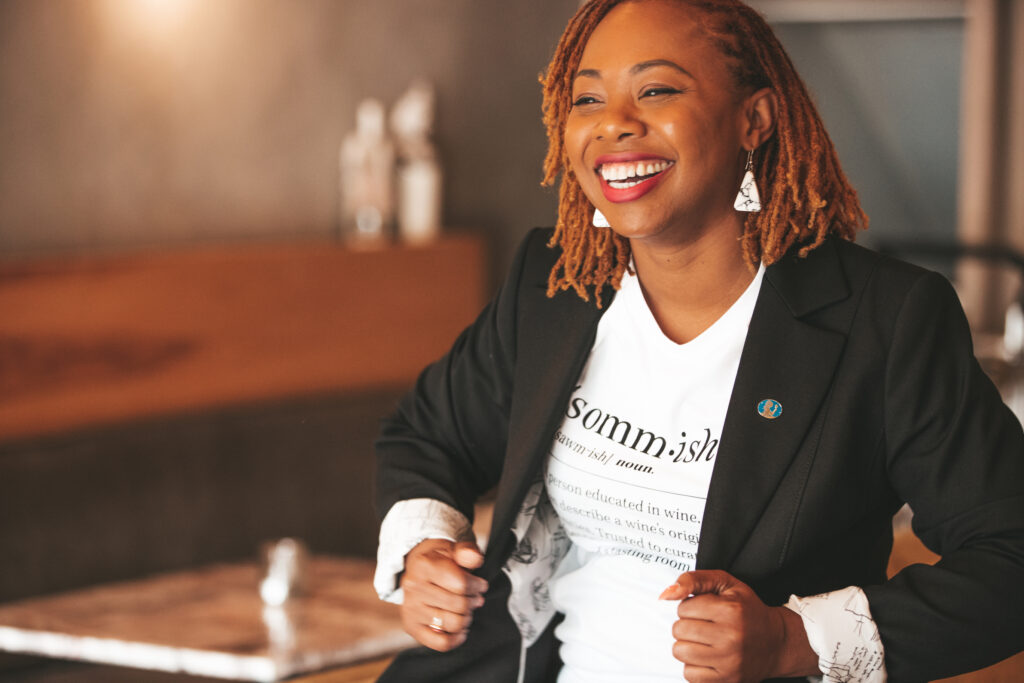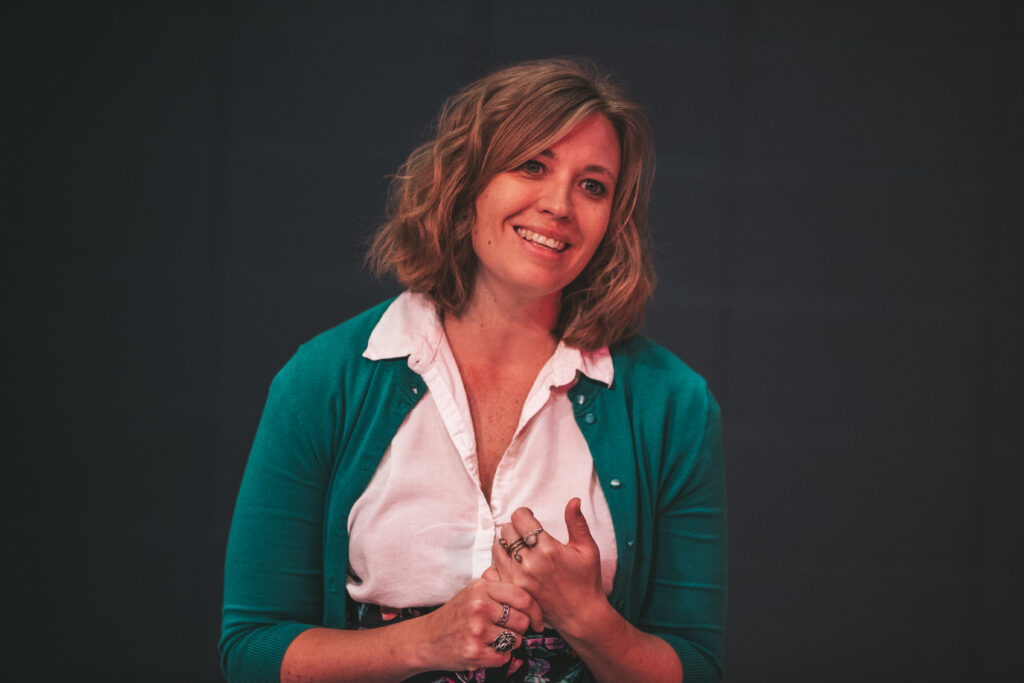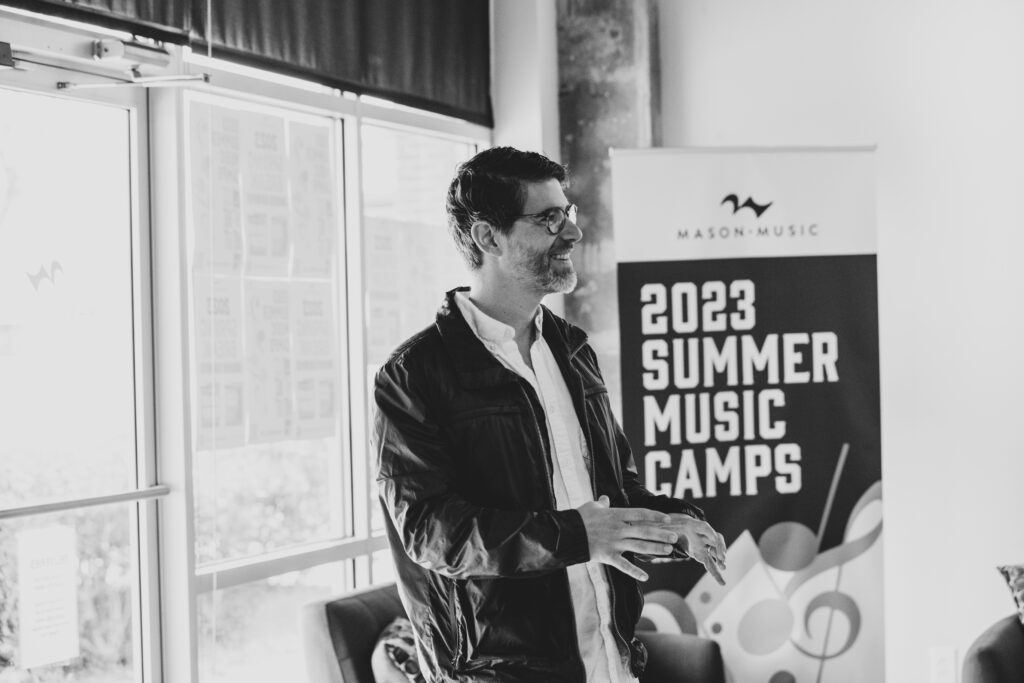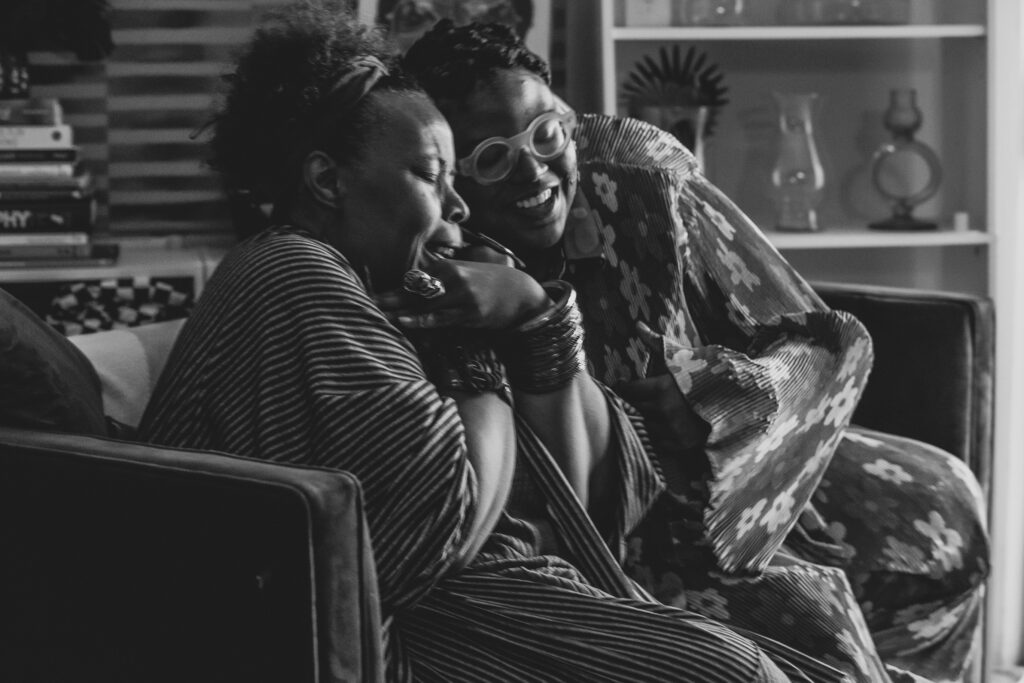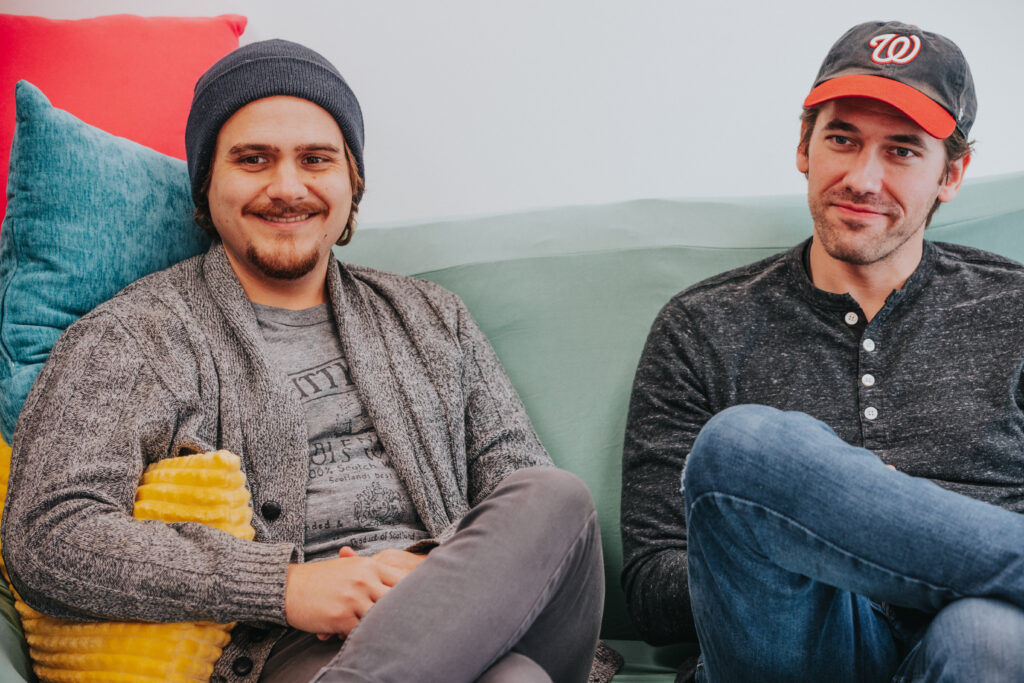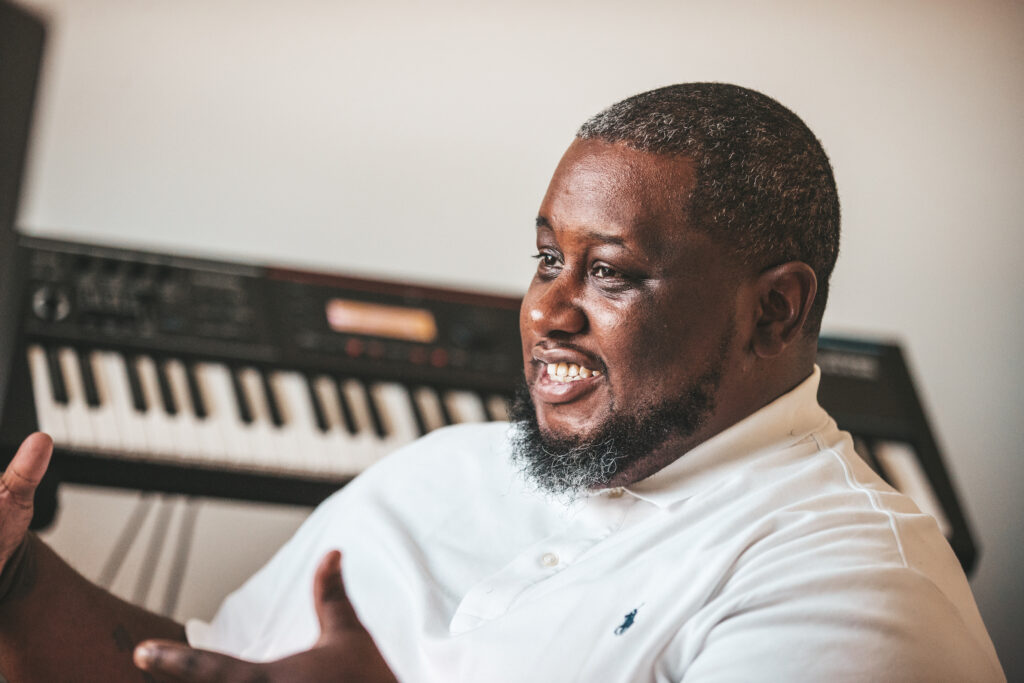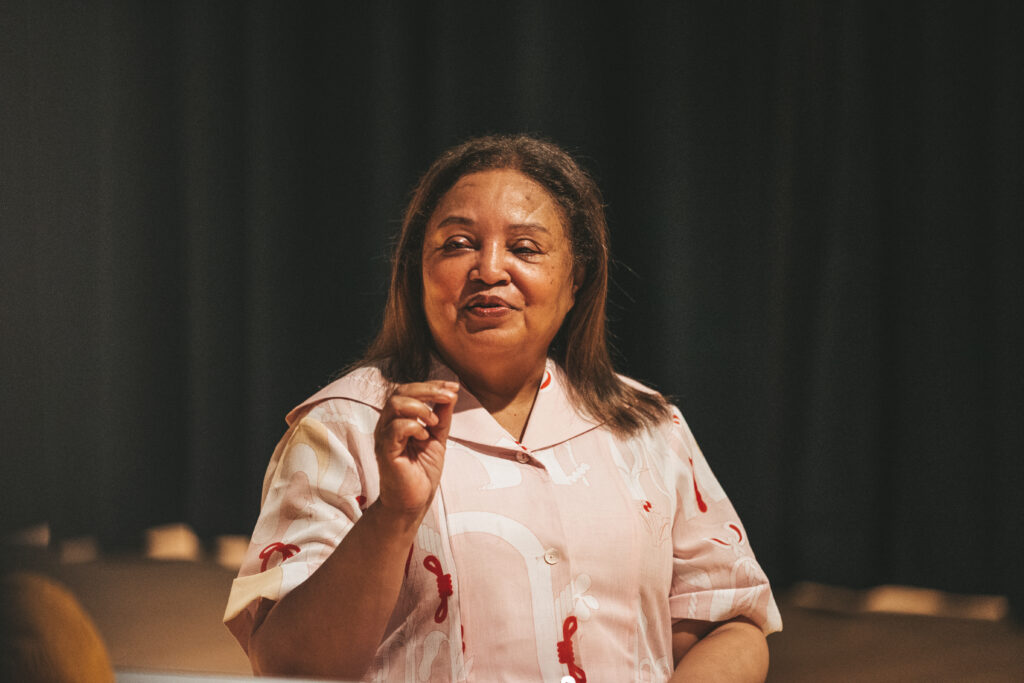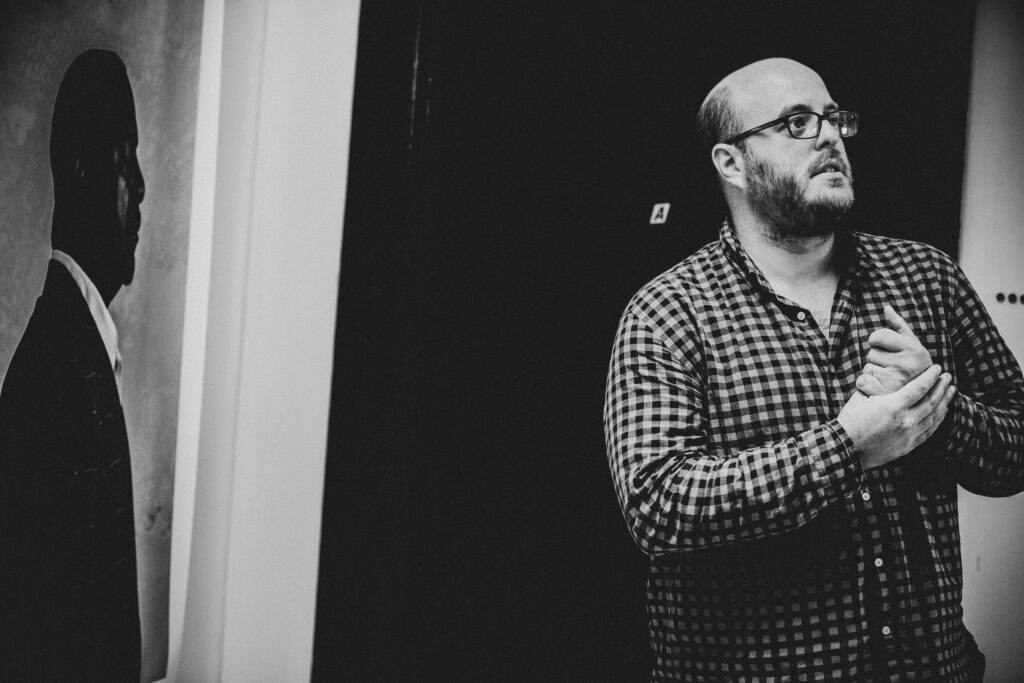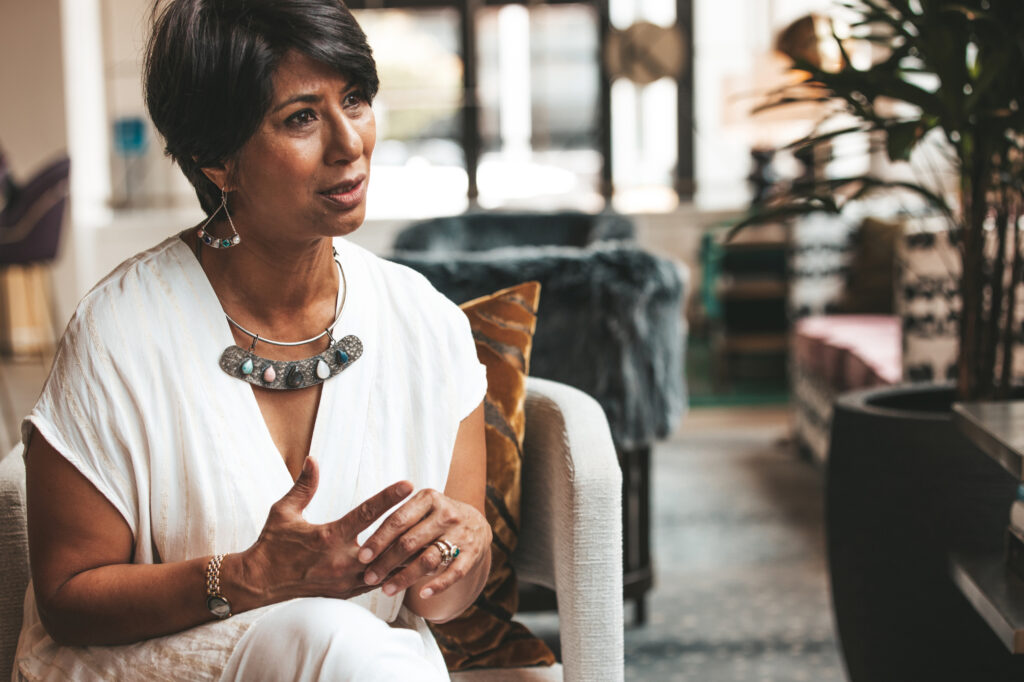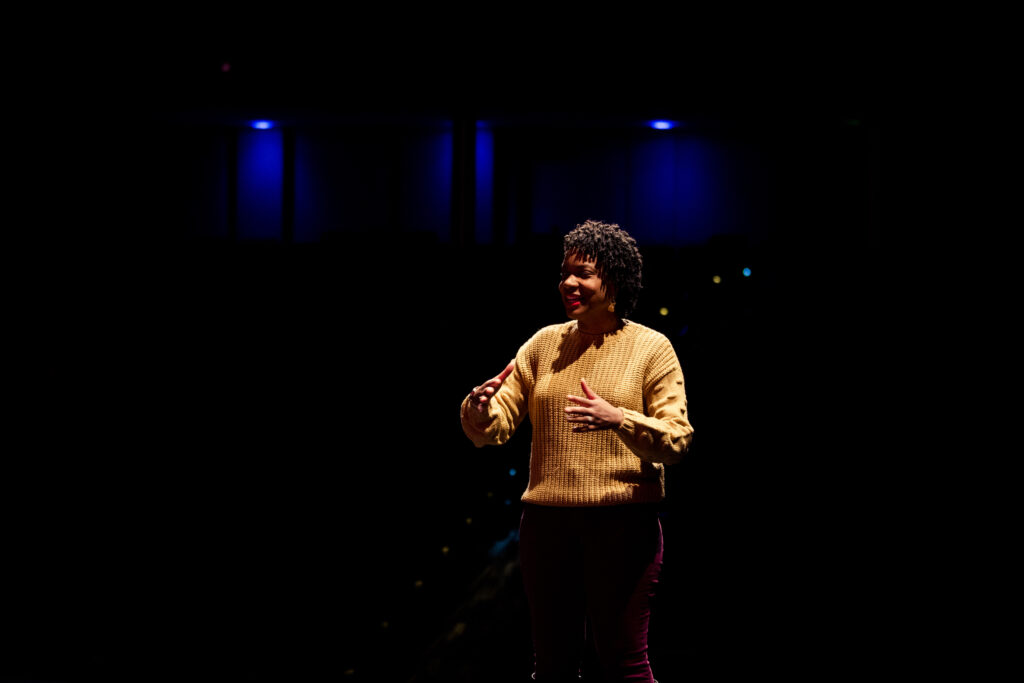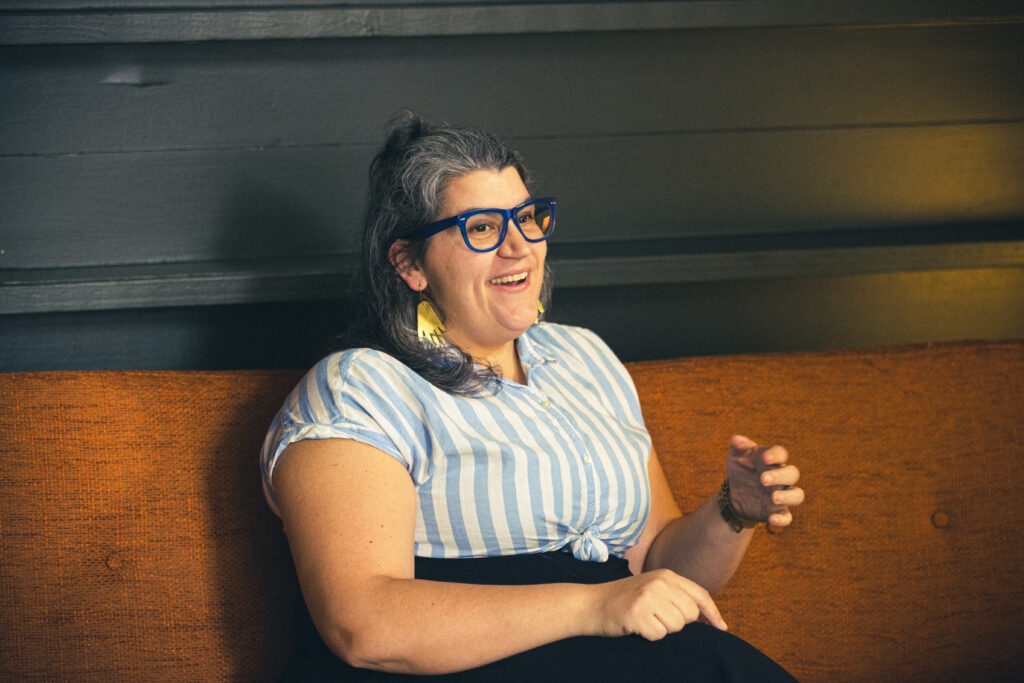Interview by Tonia Trotter
Photos by Ambre Amari
In 2009, Eric Wallace was a 25-year-old working musician. With a dream of creating a DIY art and music venue open to everyone, he purchased an old fire station in the historic Avondale neighborhood. Since then, his philosophy of mentorship and music as a common language has become the backbone of a much bigger and broader mission. And now, twelve years after its inception, Firehouse Community Arts Center has grown into an organization driven to create opportunities for students and teaching artists alike.
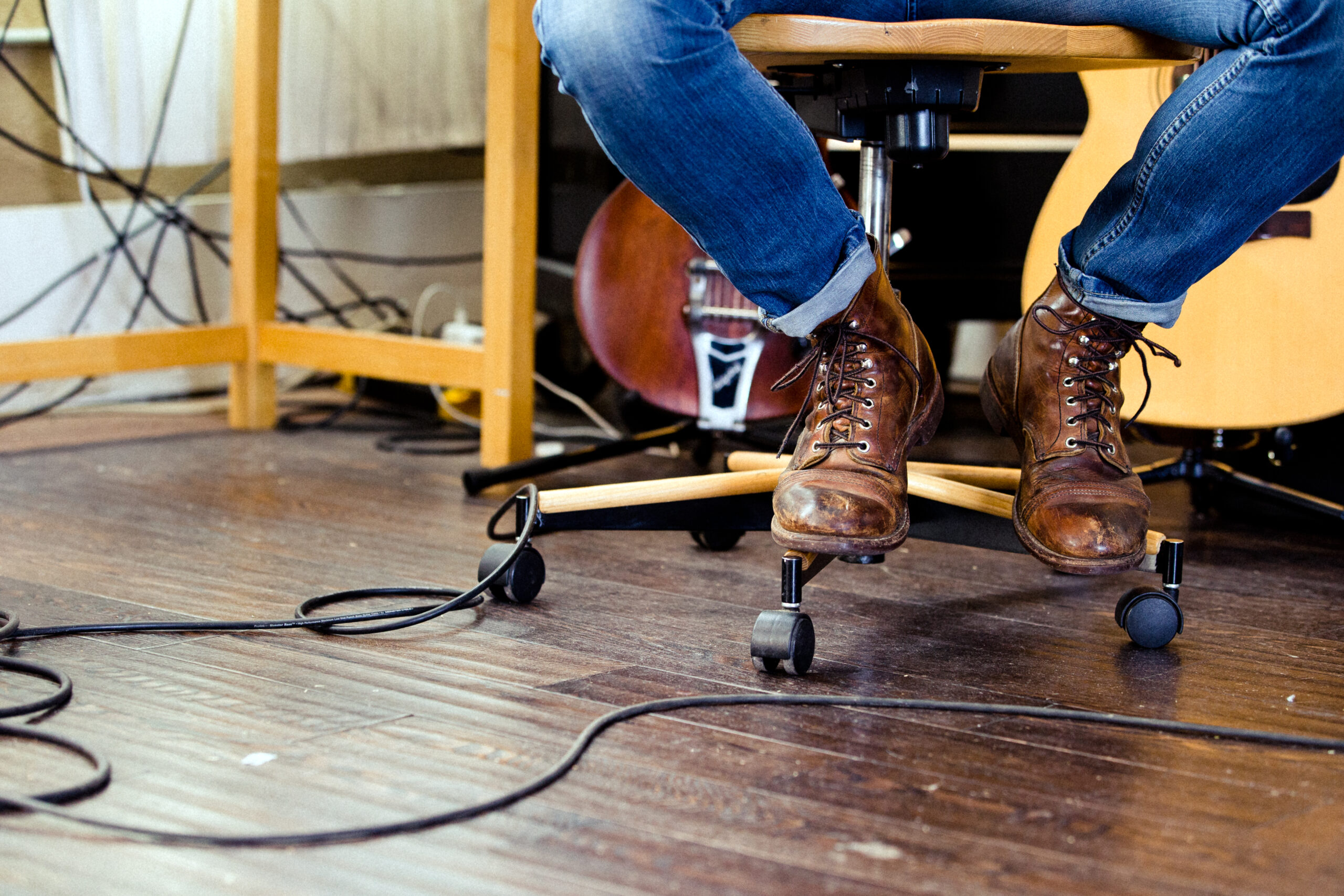 Where did your idea for Firehouse originate? How did you begin to turn your concept and passion into a reality?
Where did your idea for Firehouse originate? How did you begin to turn your concept and passion into a reality?
At the time I purchased the property, I was three years out of college. I was playing in five or six different bands and working a service industry job. I had about 15 guitar students, and I would travel to their homes to teach. So, I was really motivated to centralize my life into one space.
I really wanted to celebrate visual art and music and have this venue that was open for any kind of art show and any kind of band. I wanted it to be for all ages — anyone could show up and create something.
We started the downstairs as a music venue, and I learned how to tackle most of my renovation projects on my own — putting up walls and things like that. I phased out all my jobs except for teaching and touring and devoted myself to this idea and space.
 Since then, Avondale has experienced a boom in small businesses from retail and hospitality to event and music venues. You had some major foresight as a young man right out of school.
Since then, Avondale has experienced a boom in small businesses from retail and hospitality to event and music venues. You had some major foresight as a young man right out of school.
The Avondale commercial corridor looked very different in 2009, and we were on the heels of a recession. So it was cheap enough for a 25-year-old to buy something.
I interned for Operation New Birmingham [now REV Birmingham] and was interested in the potential of all the defunct commercial property that was left empty in Birmingham. But there wasn’t really a lot of foresight to it. My dream was to live and work in an urban setting and have a community outlet for free expression. And I needed something I could afford.
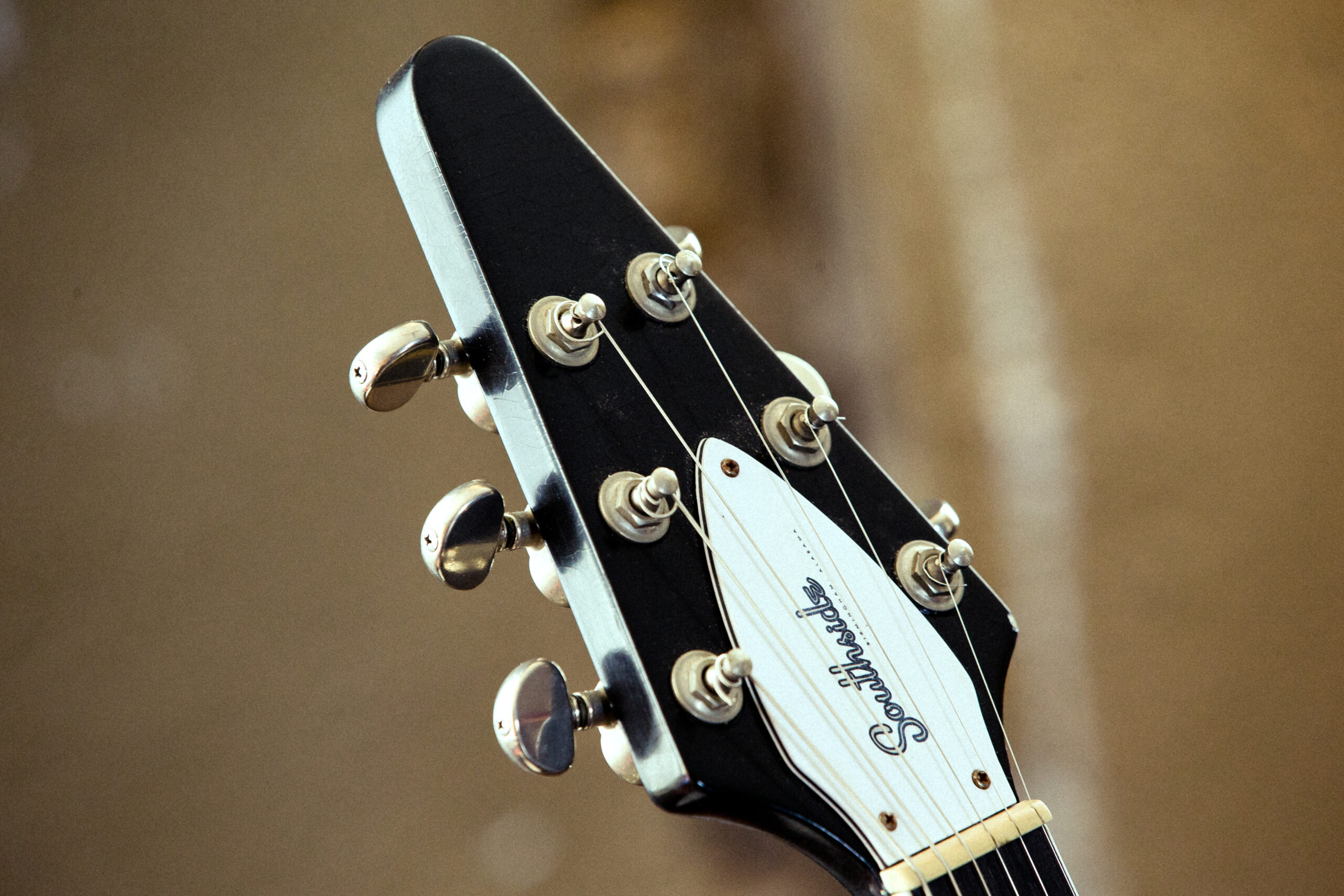 What was the catalyst for you to pursue music as an artist? How does that affect your perspective as a teacher?
What was the catalyst for you to pursue music as an artist? How does that affect your perspective as a teacher?
I remember the first time I saw a band play outside of a big concert venue. I saw some regular guys unloading their instruments from a van and setting up to play. It was this moment where I thought, “Oh! I’m the one responsible for legitimizing my art.” It doesn’t always happen in an amphitheater to a crowd of thousands. It can happen anywhere. I think that seeing artists perform in those settings is what took me from wanting to play Lynyrd Skynyrd songs to wanting to explore a career in music. As a teacher, I’ve gotten to watch that moment and realization happen for some of my students, and it’s really special.
 Music is a great equalizer in that it offers a common language — an opportunity to meet each other, play together, and hear each other — regardless of background. How have you experienced that personally?
Music is a great equalizer in that it offers a common language — an opportunity to meet each other, play together, and hear each other — regardless of background. How have you experienced that personally?
I want to make sure Firehouse stays involved with our neighbors. Once a week, I have been going to the MLK Center in North Avondale. I visit with guitars, and there’s always a lot of interest initially. Eventually, the number of kids who want to play dwindles down to a few who consider it a little more seriously, and finally, you get that one kid who just really connects with the instrument.
One day, one of my students picked up his guitar that was donated through the program. He looked at me and said, “I never thought I’d be able to have and play my own guitar.” I realized that after years of teaching private lessons, I had been surrounded by privilege. I’d never had a student so grateful to own a second-hand instrument in order to have the ability to play. It gave me a different perspective. Having this ability to pick up an instrument and create something out of nothing is such a source of self-confidence and an outlet for emotional and creative expression.
We grow up in these increasingly insular communities, surrounded — either by choice or by circumstances — by people who think the same way we do. It’s easy to be in a bubble. Music can connect you to someone you may not have met otherwise. A lot of times, we are disconnected from our actual neighbors. South Avondale and North Avondale are part of the same neighborhood, but there’s a massive economic divide. Having the opportunity to connect through a shared passion can radically change how you see the world and navigate your life moving forward.
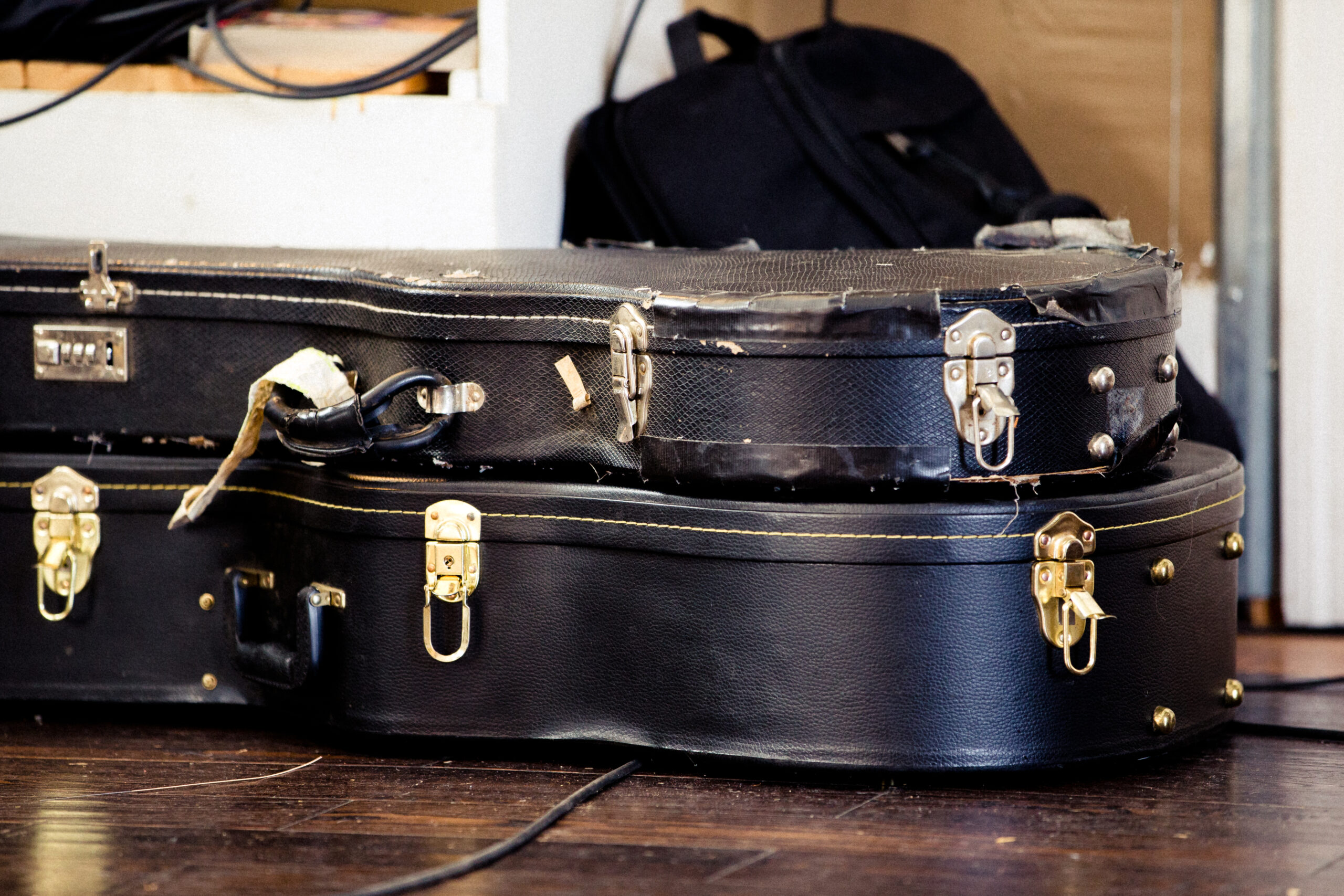 Lessons and community performance space are only two parts of the legacy FCAC is building. You are also committed to creating career opportunities for working musicians as teaching artists.
Lessons and community performance space are only two parts of the legacy FCAC is building. You are also committed to creating career opportunities for working musicians as teaching artists.
Yes. I believe in mentorship. Almost every friend, colleague, or connection I have, I know through music. When you watch someone on a stage from far away, they might look like a star. But when you get to spend time with them one on one figuring out a song together, you get the opportunity to see how to practically apply your skills into a career. Your journey might not look the same as your buddies who are getting finance degrees, but there is absolutely a path to success and a lot of jobs created by the music industry.
One of my goals is to create sustainable and well-paying jobs for mentors and teachers. Some of the most impressive musicians I know who are touring and recording are also working odd jobs or service industry jobs to make ends meet. I want to create career opportunities where they are compensated for their skills — and also create a system of mentorship where these incredible artists are invested in the lives of our students. That system creates a cycle of support and success.
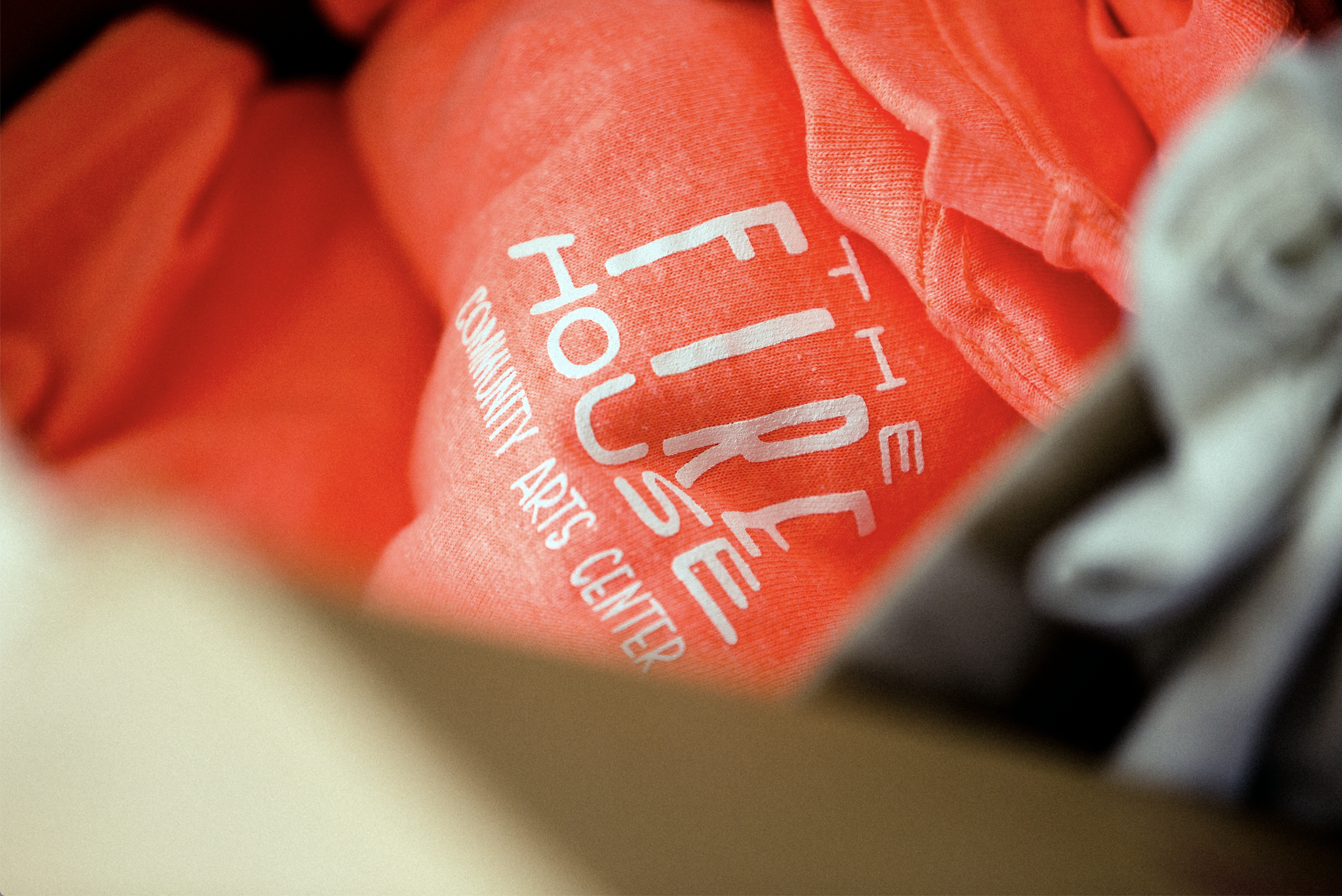 As you shift from an experimental arts venue to a community organization, how does FCAC grow from here, and how can people get involved?
As you shift from an experimental arts venue to a community organization, how does FCAC grow from here, and how can people get involved?
The level of interest from kids is already there. We are taking time to assess where the interest comes from and how we can best serve the community. We will be teaching kids aged nine to 18. The cost of private lessons and support from funders will pay for the lessons for students who qualify for financial aid. We aren’t just fundraising either; we are taking instrument donations, which is a crucial part of our services.
You can learn more about Firehouse Community Arts Center here.
Listen to Eric Wallace’s Curated for Create playlist here.
